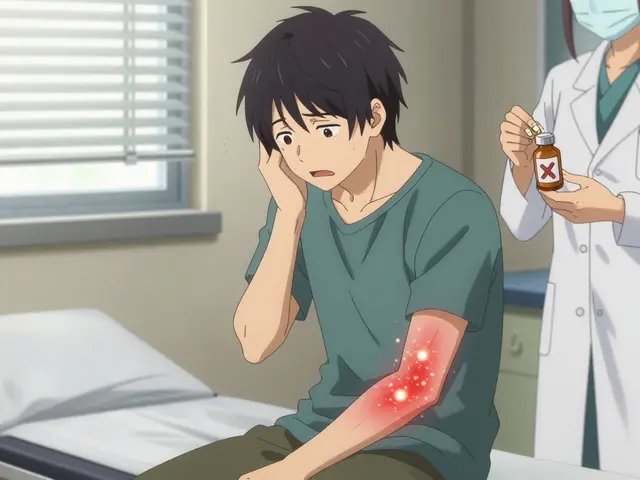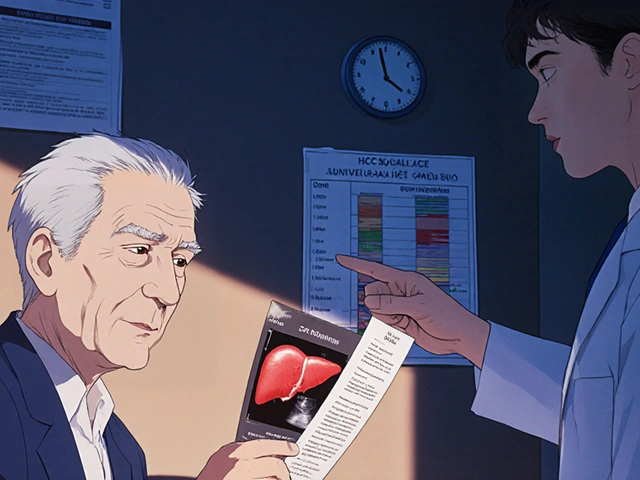Antidepressant: Which Type Might Work for You?
Feeling stuck choosing an antidepressant? You’re not alone. Antidepressants aren’t one-size-fits-all. This page lays out the main options, what to expect, and simple steps to find the right fit with your doctor.
Types of antidepressants you should know
SSRIs (selective serotonin reuptake inhibitors) are the most prescribed. Common names you’ll hear are sertraline, fluoxetine, and citalopram. They boost serotonin and often help with anxiety too. SNRIs (venlafaxine, duloxetine) act on serotonin and norepinephrine and can help pain linked to depression.
Bupropion is different: it targets dopamine and norepinephrine. It’s a good choice if you want less sexual side effects or need help with low energy. Mirtazapine can help if you have trouble sleeping and eating, since it often causes drowsiness and weight gain.
Older drugs like tricyclics (amitriptyline) and MAOIs (phenelzine) still work but have stronger side effects and more food or drug limits. Doctors usually reserve them for when newer meds don’t help.
Practical tips: starting, side effects, and safety
Start low and give it time. Most antidepressants need 4–8 weeks to show clear benefit. Side effects show up early for many people: nausea, headache, insomnia or sleepiness, and sexual changes are common. If side effects are severe, tell your prescriber—changing dose or switching drugs often fixes things.
Don’t stop suddenly. Stopping some meds, especially SNRIs and some SSRIs, can cause a withdrawal-like effect (dizziness, flu-like symptoms, mood swings). Ask your doctor for a taper plan.
Watch for interactions. Never mix MAOIs with SSRIs. St. John’s wort can cause dangerous serotonin effects when combined with many antidepressants. Tell your provider about all prescriptions, OTC meds, and supplements.
Young people need closer monitoring. Antidepressants can raise suicidal thoughts in some teens and young adults during the first weeks. Keep regular check-ins and report any sudden mood or behavior changes.
Beyond pills: talk therapy, regular exercise, good sleep, and some supplements (omega-3, vitamin D, B12 if deficient) can boost results. Medication plus talk therapy often gives the best outcomes.
Cost tips: generics work the same as brand names and usually cost less. Ask about patient assistance, manufacturer coupons, or pharmacy discount cards if cost is a barrier.
Questions to ask your prescriber: What side effects should I expect? How long before I see improvement? How will we measure progress? What’s the plan if this doesn’t help? Clear answers will make decisions easier.
If you want deeper articles—comparisons, alternatives to bupropion, or natural mood supports—check the related posts on this tag. If you feel unsafe or have thoughts of harming yourself, contact emergency services or your crisis line now.

Citalopram Hydrobromide Explained: Uses, Dosage, Side Effects & Safety
Learn what citalopram hydrobromide is, how it works, dosing, side effects, interactions, and safety tips in this detailed guide.
Detail
How to Safely Buy Nefazodone Online: Complete Guide UK 2025
Looking to buy Nefazodone online? Learn about safe purchasing, legal issues, UK pharmacy options, and tips for getting this antidepressant in 2025.
Detail




